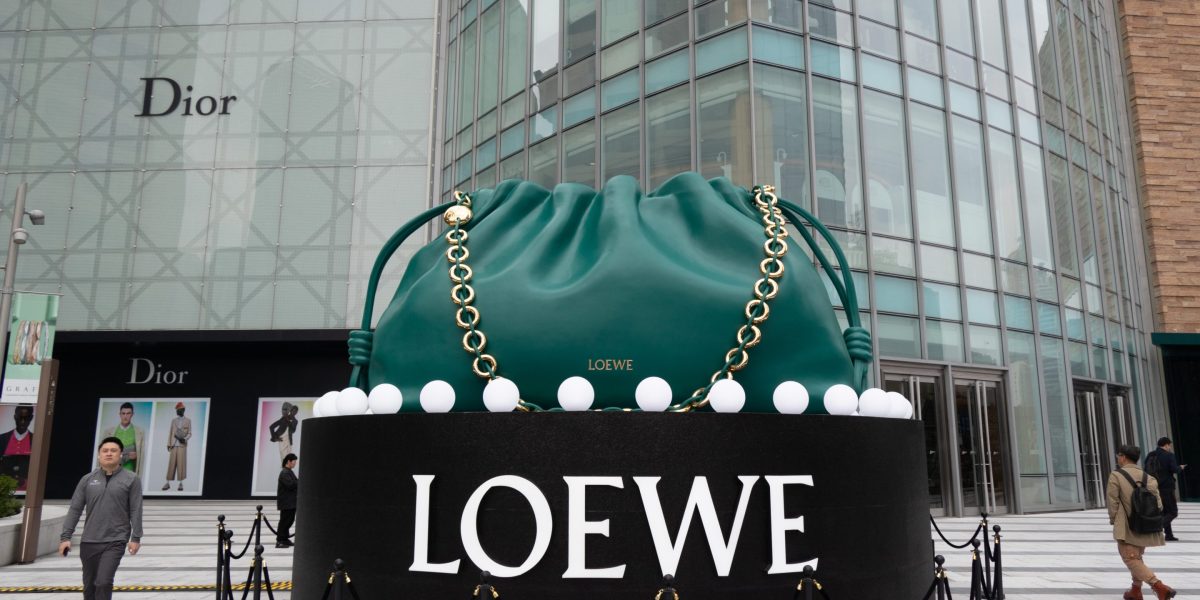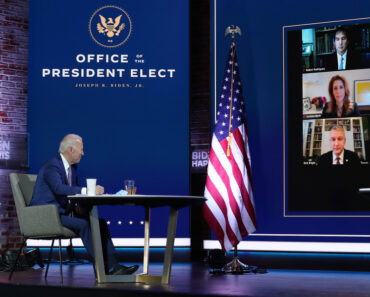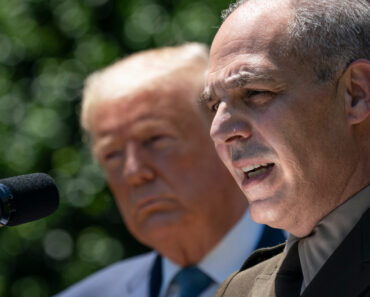This post was originally published on this site
https://fortune.com/img-assets/wp-content/uploads/2024/04/GettyImages-2105343861-e1713339923714.jpg?w=2048
During China’s biggest single-day shopping festival last November, upscale labels like Ralph Lauren Corp., Burberry Group Plc and Cie Financiere Richemont SA’s Net-A-Porter saw purchases far surpass those seen just a year earlier on the mainland’s dominant e-commerce platform, Alibaba Group Holding Ltd.’s Tmall.
But within days, some brands saw up to 75% of that sales value vaporize as consumers returned or cancelled purchases in droves, people familiar with the matter said, asking not to be identified discussing private data.
This unusually high rate of returns — well above the 20% to 30% that consultancy Sanford C. Bernstein considers normal in the global luxury industry — has persisted since China exited Covid Zero more than a year ago, and is sparking a re-evaluation of the way some fashion labels do business in the world’s second-largest economy.
The majority of marketplace users are middle class, a group highly exposed to the country’s ongoing economic slowdown. Once a backbone of big-ticket discretionary spending, they’re now seeking discounts or shifting away altogether from pricier purchases. Platforms like Tmall have rolled out more frequent promotions to boost sales, but the returns trend threatens to undermine efforts.
The trend worsened in the first quarter of this year, as Tmall return and cancellation rates for Italian luxury house Brunello Cucinelli SpA soared to 69% from 59% in the same period a year ago, according to people familiar with the matter. LVMH-owned Marc Jacobs shot to 43%, compared to 30% in the first quarter of 2022, they said.
Richemont’s Chloé, Ralph Lauren and Mulberry Group PLC all experienced similar rises in returns and cancellations in the quarter compared to the same periods in the past few years, according to the people. Tmall is one of the largest official bazaars for global luxury brands in China.
“I can imagine there are plenty of people in the luxury category taking out and showing off a luxury item for an evening, earning the status, and then returning it at no cost,” said Mark Tanner, managing director at marketing agency China Skinny. “There are definitely signs of luxury softening, which I am sure is driving the opportunists to get a free showing.”
Tmall said luxury brands continued to deepen their cooperation with the platform.
“The unverified figures provided by Bloomberg are materially off base and at odds with actual brand operational performances on our platform,” a Tmall Luxury Pavilion spokesperson said in an email. “Global luxury brands have continued to launch and invest in the flagship stores on Tmall as a cornerstone of their China market strategy.”
A Brunello Cucinelli spokesperson said the group had no visibility into the returns and cancellations data, which are subject to commercial dynamics, and statistics on a single quarterly basis are not representative. A Richemont spokesperson declined to comment. LVMH, Ralph Lauren, Mulberry and Burberry didn’t reply to requests for comment.
Aiming Higher
Rates have been pushed higher by shoppers increasingly requesting returns and cancellations before their products are even shipped. The Tmall promotional campaigns allow buyers who meet certain spending thresholds to obtain discounts, even if they later return some of their purchases. That’s encouraging people to game the system by ordering expensive items just to secure the rebates.
While immediate refunds don’t cost Tmall or the brands themselves logistics and shipping costs, the requests mean that initial sales figures are artificially inflated.
The weakening consumer sentiment has already ensnared some global luxury brands. LVMH reported slower sales growth in the first quarter, with revenue at the group’s fashion and leather goods unit — its biggest division — rising just 2% in the three months through March, compared with 18% a year earlier. Last month, Kering SA saw $9 billion wiped off its market value after it warned of slumping China sales for star brand Gucci.
The returns issue has not affected labels at the highest end, like Hermes International SCA, Chanel and Dior, which have limited their reliance on e-commerce channels and sales campaigns. This hard-to-get strategy, which focuses on cultivating wealthier customers, has meant sales have remained resilient amid China’s slowdown, said Jacques Roizen, managing director of China consulting at Digital Luxury Group.
Frequent participation in promotions risks damaging brands’ image, making them less appealing to those who are still willing to spend. Still, Tmall has lured some labels to participate with promises to divert more traffic their way — hard to resist as the middle class’s appetite for luxury is declining, Roizen added.
Online orders accounted for 42% of the mainland’s total high-end market revenue last year, according to consultancy Yaok Group.
In fact, China’s e-commerce giants are making returns and refunds easier than ever. Platforms like Tmall and JD.com Inc. require brands to allow customers to return purchases with no reason given within seven days. Many brands purchased insurance provided by the channels that covers the costs of return shipping for shoppers. Recently platforms have begun allowing consumers to request refunds on items over issues including shipping delays or service quality, without even having to return them.
Still, due to the outsized influence and reach of China’s e-commerce platforms, premium brands can’t afford to walk away, said Angelito Perez Tan, Jr., co-founder and CEO of RTG Group Asia, which operates businesses including a luxury consultancy. Instead, they’ve been investing in more concierge services, immersive experiences and private sales to build long-term, one-on-one relationships with wealthy customers.
Bain & Co. forecasts China’s luxury sales will slow to the mid-single-digits this year — down 12% from 2023 — and remain primarily driven by high-net-worth individuals, those with investible assets worth more than 10 million yuan ($1.4 million)
There’s “a clear refocus towards very important customers,” Tan said. “The increase in product returns highlights the imperative for luxury brands to refine their strategies for the Chinese market.”





